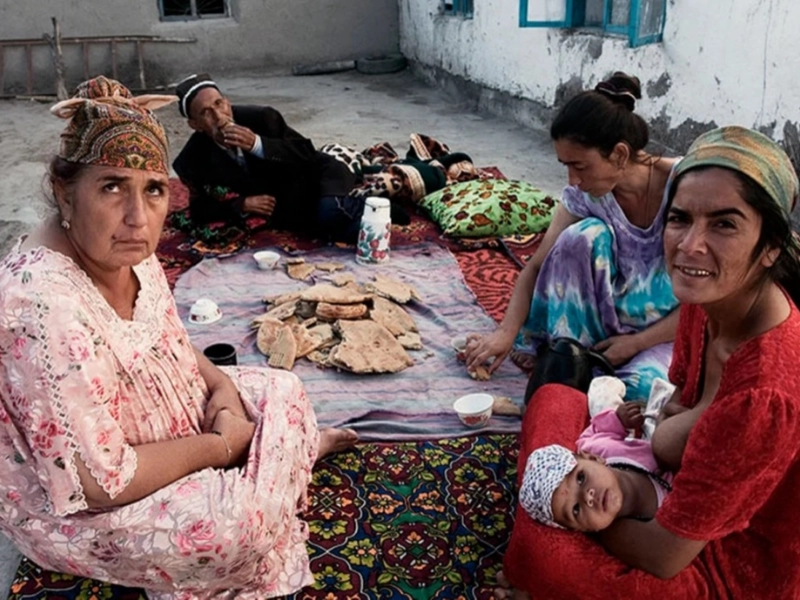
The Consequences of Expulsion in Gypsy Society
In Gypsy culture, expulsion from the community is regarded as the most severe form of punishment. This act carries significant weight, as being cast out means losing one's place within a close-knit society where relationships and support systems are vital for survival. The implications of such a punishment extend beyond mere social ostracism; they can lead to isolation and a lack of resources in a world that often marginalizes Gypsies.
According to Gypsy beliefs, expulsion is reserved for individuals who have committed particularly egregious offenses. The community maintains that for someone to face such a harsh consequence, they must be extremely guilty and have engaged in behavior deemed unacceptable or harmful to the group. This could include acts that violate the community's values, traditions, or trust.
The decision to expel a member is not taken lightly. It often involves discussions among community leaders and elders, who weigh the severity of the offense against the individual’s past behavior and contributions to the community. This process reflects the Gypsies' commitment to justice and the preservation of their cultural norms.
While the threat of expulsion serves as a deterrent to misconduct, it also highlights the importance of maintaining harmony and mutual respect within the community. The fear of losing one's place can encourage individuals to adhere to the values and expectations set forth by their culture, fostering a sense of accountability.
Overall, the concept of expulsion underscores the complexities of social order within Gypsy society and illustrates how cultural beliefs shape the consequences of individual actions. It is a reminder of the delicate balance between personal freedom and communal responsibility that defines the Gypsy way of life.